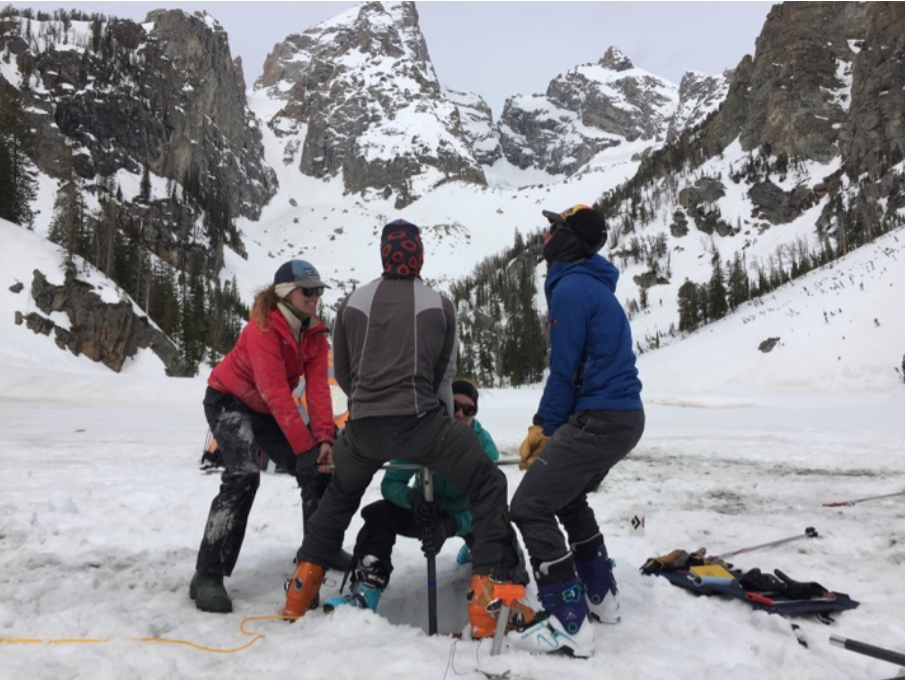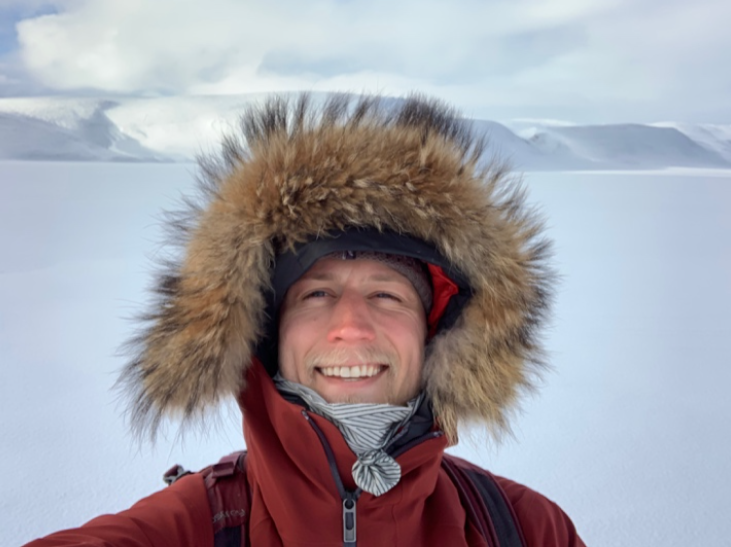Molecules in the Mud: How the Chemistry of Ancient
Lake Sediments Can Help Us Fight Climate Change
Presentation: “Molecules in the Mud: How the Chemistry of Ancient Lake Sediments Can Help Us Fight Climate Change” by Dr. Jonathan Raberg, University of Wyoming and Institute of Arctic and Alpine Research, University of Colorado Boulder
May 6th (Tuesday), 6 p.m., Social half-hour; please join us from 5:30-6:00 to enjoy free soft drinks and appetizers before our talk begins!
Live at the Teton County Library & Via Zoom (online)
Our planet is warming at rates unprecedented in human history. The manifestations of this change in climate are particularly acute in the planet’s cold regions. In the Arctic, warming rates are amplified to four times the global average, in part due to feedback loops such as vegetation migration and methane release. In the alpine region of the Western US, warming-driven drought threatens water resources for tens of millions of people and amplifies wildfire regimes. One way to shed light on the uncertain futures of these regions is to look to the geologic past, when natural variability drove the earth to temperatures that were warmer than today. This “paleoclimate” approach makes use of a wide range of scientific tools, including many grounded in chemistry.
In this talk, I will show how we can use molecular fossils preserved in lake sediments to reconstruct arctic and alpine climate over hundreds of thousands of years. In particular, we will explore a class of lipid-based proxies for temperature and hydroclimate called branched GDGTs (brGDGTs). I will show how we develop these lipid-based tools and dive into the complex relationships between lipids and their environment. I will then show how we can apply brGDGTs to reconstruct the northward march of arctic vegetation 125,000 years ago and millennial-scale megadroughts in the Rocky Mountains. BrGDGTs are just one chemical tool among many, however, and I will also show how the insights we gain from these lipids are most powerful when integrated with those from a wide range of fields including microbiology, ecology, and computer science.

Delta Lake sediment coring operations, Grand Teton National Park.

Jonathan Raberg
Topic: Molecules in the Mud: How the Chemistry of Ancient Lake Sediments Can Help Us Fight Climate Change
Time: Tuesday, May 6th, 2025, 06:00 PM Mountain Time (US and Canada)
Join Zoom Meeting
https://us02web.zoom.us/j/4555651818?pwd=U09ObDNZOEIyZmRtMEtsdUowQnJqdz09
Meeting ID: 455 565 1818
Passcode: 576063
